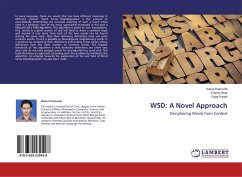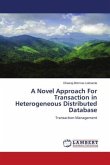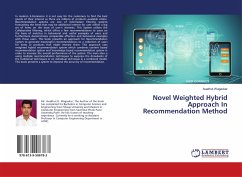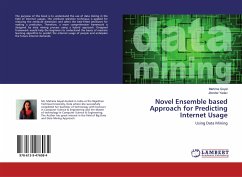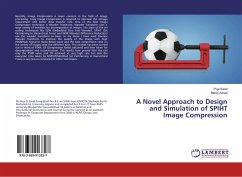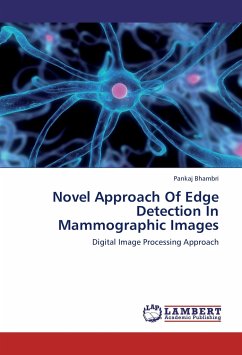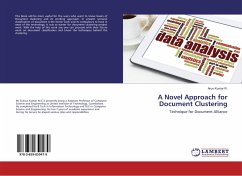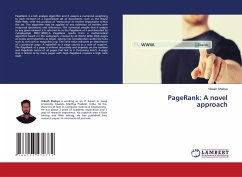In every language, there are words that can have different meanings in different context. Word Sense Disambiguation is the process of automatically determining the accurate meaning of such a word when used in a sentence. One of the many approaches proposed in the past is Michael Lesk's 1986 algorithm. This algorithm is based on two assumptions. First, words in a given section of text will tend to share a common topic and second, if one sense from each of the two words can be found sharing the same topic, then their dictionary definitions must use some common words. Thus it is possible to disambiguate neighbouring words in a sentence by comparing their definitions and picking those senses whose definitions have the most number of common words. The biggest drawback of this algorithm is that dictionary definitions are often very short and do not have enough words for this algorithm to work well. This book illustrates an approach of dealing with this problem by modifying the algorithm. An attempt towards the exploration of the vast field of Word Sense Disambiguation has also been made.
Hinweis: Dieser Artikel kann nur an eine deutsche Lieferadresse ausgeliefert werden.
Hinweis: Dieser Artikel kann nur an eine deutsche Lieferadresse ausgeliefert werden.

